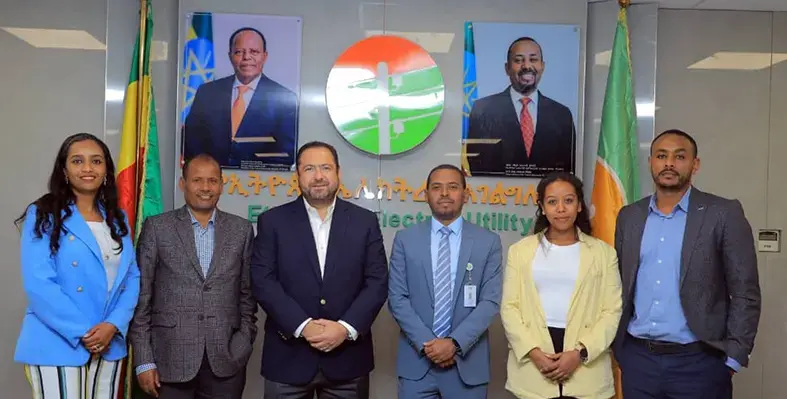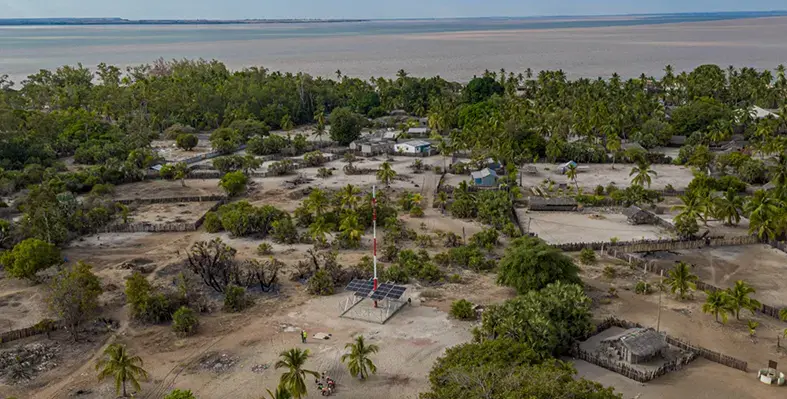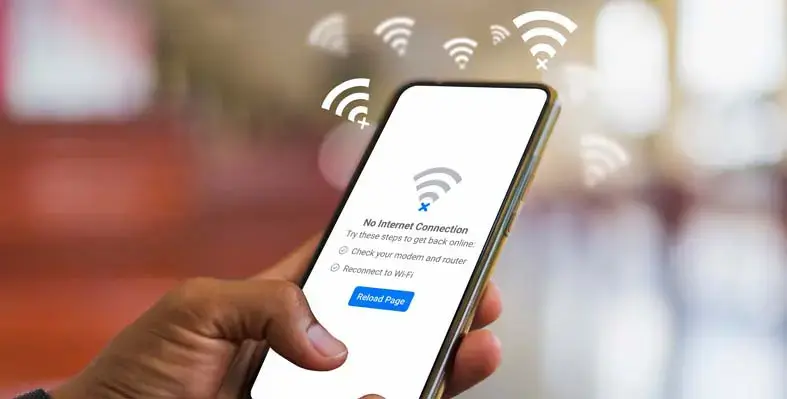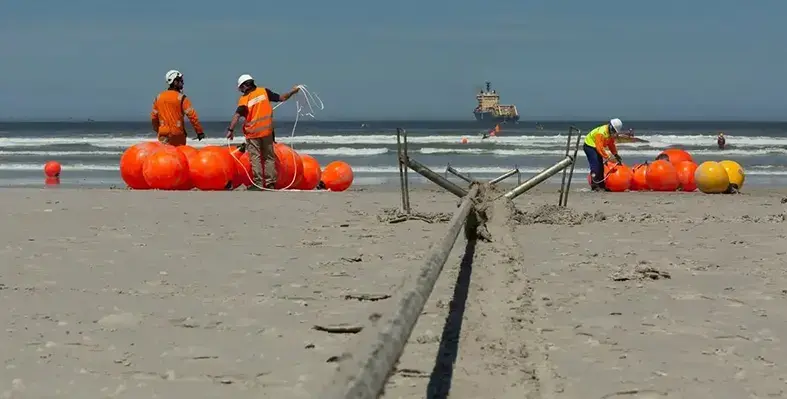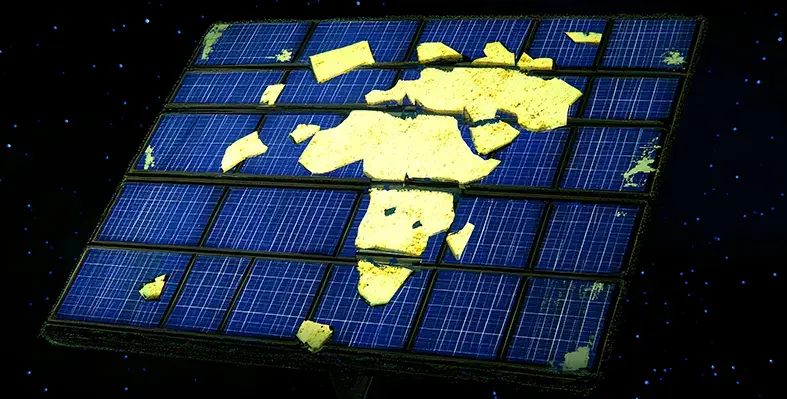
Digital booking access to Jambojet's East African routes marks a major step in modernising regional air cargo
Freightos, the global leader in digital freight booking and payments, has expanded its reach in East Africa through a new partnership with Jambojet Cargo, Kenya's leading regional airline cargo operator
Jambojet Cargo is now live on the WebCargo by Freightos platform, allowing freight forwarders to book cargo capacity digitally across the airline's extensive East African network.
With this integration, WebCargo users gain immediate digital access to Jambojet Cargo services across nine major routes that link key commercial hubs in Kenya and Tanzania. Operating from its main base in Nairobi, Jambojet connects to Mombasa, Kisumu, Eldoret, Malindi, Diani, Lamu and Zanzibar. In the future, the airline's capacity will also be made available for interlining agreements. Jambojet Cargo handles a wide variety of shipments including fresh produce, pharmaceuticals and e-commerce goods, supporting regional supply chains and cross border trade.
By joining WebCargo by Freightos, freight forwarders can now compare real time rates, confirm bookings instantly and manage their cargo online. This improves visibility, reduces manual processes and helps ensure a faster and more reliable service experience. Freightos currently handles an annualized run rate of more than 1.6 million transactions on its platform.
"Partnering with Jambojet Cargo expands WebCargo by Freightos' reach in one of Africa's most dynamic logistics markets," said Zvi Schreiber, CEO of Freightos.
"By bringing more regional carriers online, we're continuing Freightos' mission to make global trade smoother and more efficient helping forwarders and shippers access the capacity they need, when they need it and where they need it."
"Digitalization is reshaping air cargo across Africa, and Jambojet is proud to be at the forefront of this change, providing our customers with a modern and easy to use booking experience," said Karanja Ndegwa, managing director and CEO at Jambojet.
"By joining WebCargo by Freightos, we're giving freight forwarders faster, smoother, and more reliable access to our network supporting the region's expanding trade and connectivity. Looking ahead, we're excited to make our capacity available for interlining on WebCargo by Freightos' platform, helping strengthen links between African markets and the world."



